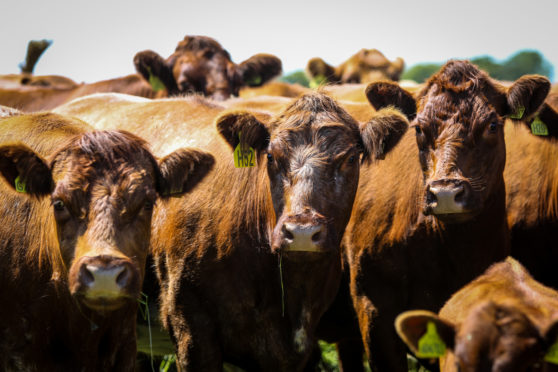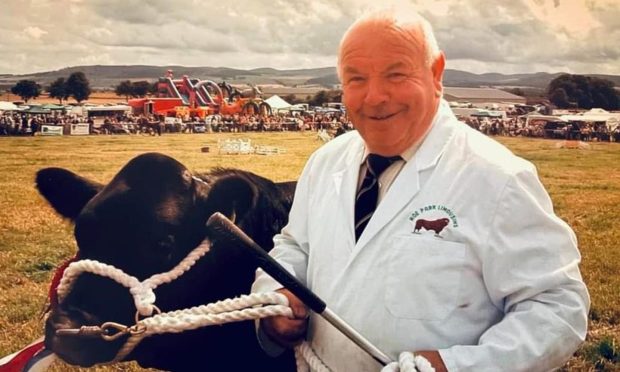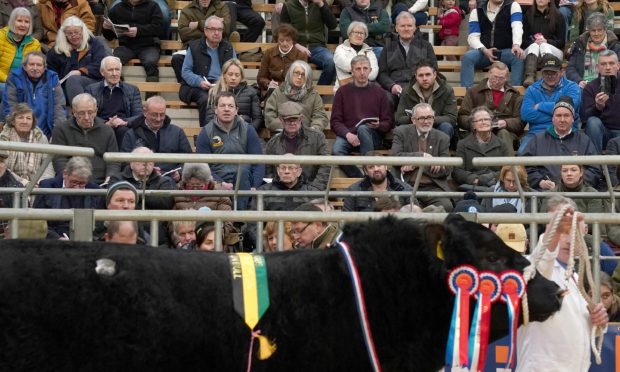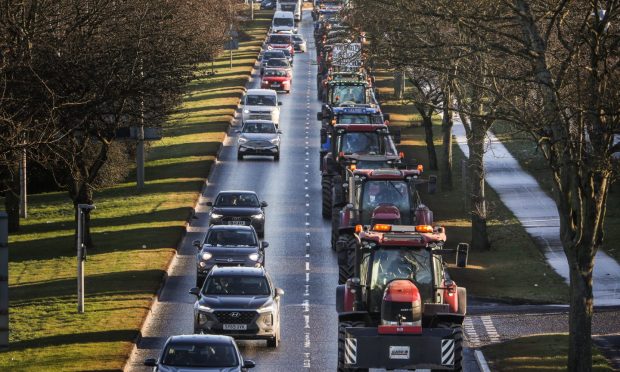Pulling into Queen Street Station in Glasgow earlier this week felt like being aboard the QMS Express as farmers, contractors, meat wholesalers, auctioneers and scientists from across the east coast poured out of carriages on to the city’s rush-hour platforms.
There was a sense of anticipation as we walked through the streets to the Meat the Future conference, where, no surprise, generous mounds of bacon and sausage rolls awaited the 430 delegates. The usual suspects were all there, of course, but, significantly, so too were the serious players with a major stake in the Scottish industry, from the biggest abattoir owners to large-scale cattle finishers and a confident new generation which is investing heavily in increasing livestock numbers.
It’s only a few months since the beef industry held a crisis meeting at Inverurie, and less than a year since the doomsayers predicted the end of Scottish sheep farming, but this was no introspective, hand-wringing event, and while the challenges of vegan activism, negative publicity and climate change targets were firmly on the menu, it was in the context of Scotland’s opportunity to capitalise on the carbon-capturing credentials of the land grazed by cattle and sheep. It was refreshing, too, to hear the industry being told to “let vegans be” and focus instead on selling to export markets which are open and crying out for Scotch beef and lamb.
However, that international market will only succeed if one of our meat processors has the guts to take a step away from the security of the domestic market, and the current rhetoric surrounding future trade with Europe probably means no change on that front any time soon.
Those who went to Glasgow looking for specific answers would have left disappointed – and yes, there were some sitting on the train back north – but the take-home message was clear: Scotland’s unique red meat story means it can and will carve out a niche in global markets, but there will be no place for amateurs or anyone who fails to do the job to the highest standards.
And that can only be to the benefit of all Scottish agriculture.










